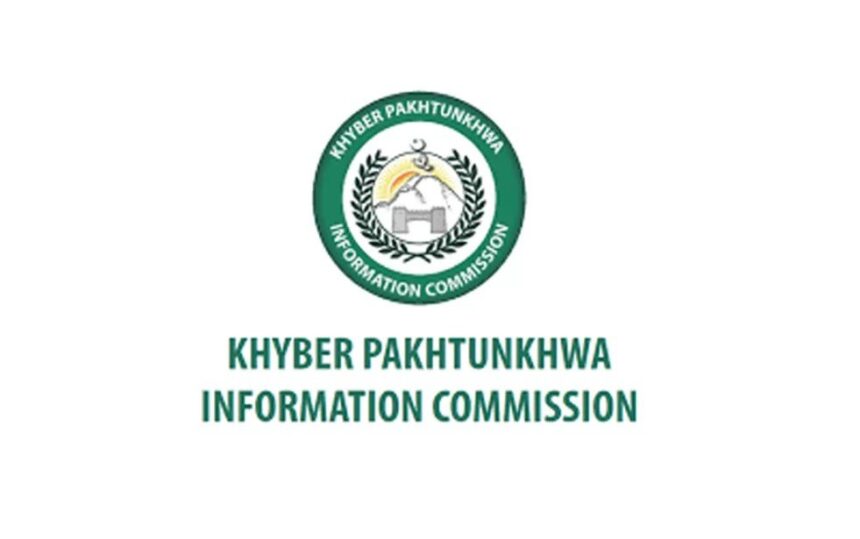Farah Hamid Khan, the Chief Information Commissioner of Khyber Pakhtunkhwa, announced that the number of cases against government departments over information delay or denial was increasing, with around 1,500 cases currently pending with the KP Information Commission.
During a ceremony to launch a study on the comparison of Right to Information Laws in Pakistan, Khan stated that the commission had requested the provincial government to make amendments to the KPRTI Act, 2013, but the relevant file had been missing from records. The proposed changes related to the quorum issue, and the CIC demanded the immediate filling of the vacancies for both information commissioners.
Former CIC Sahibzada Khalid Khan and other attendees expressed concerns over the lack of implementation of the law and bureaucratic hurdles to the appointment of the chief information commissioner. The study recommended amendments to the KPRTI Act and the establishment of information
During a presentation on the comparative analysis of Right to Information laws in Pakistan, Mohammad Anwar, the Executive Director of the Centre for Governance and Public Accountability, proposed legislation for RTI in Azad Jammu and Kashmir and Gilgit-Baltistan, citing the lack of fundamental right of access to information for AJK respondents.
He also stressed the need for the establishment of the Balochistan Information Commission and proposed amendments to the KPRTI Act. Anwar highlighted the weaknesses in Balochistan’s RTI law, where people must specify reasons for accessing public body information, and the implementation mechanism is weak. He called for compulsory review before citizens could file complaints with the Sindh Information Commission and suggested that the tenure of information commissioners could be extended under Punjab’s RTI law. The study also recommended that governments assist public bodies in digitizing records for proactive disclosure.











